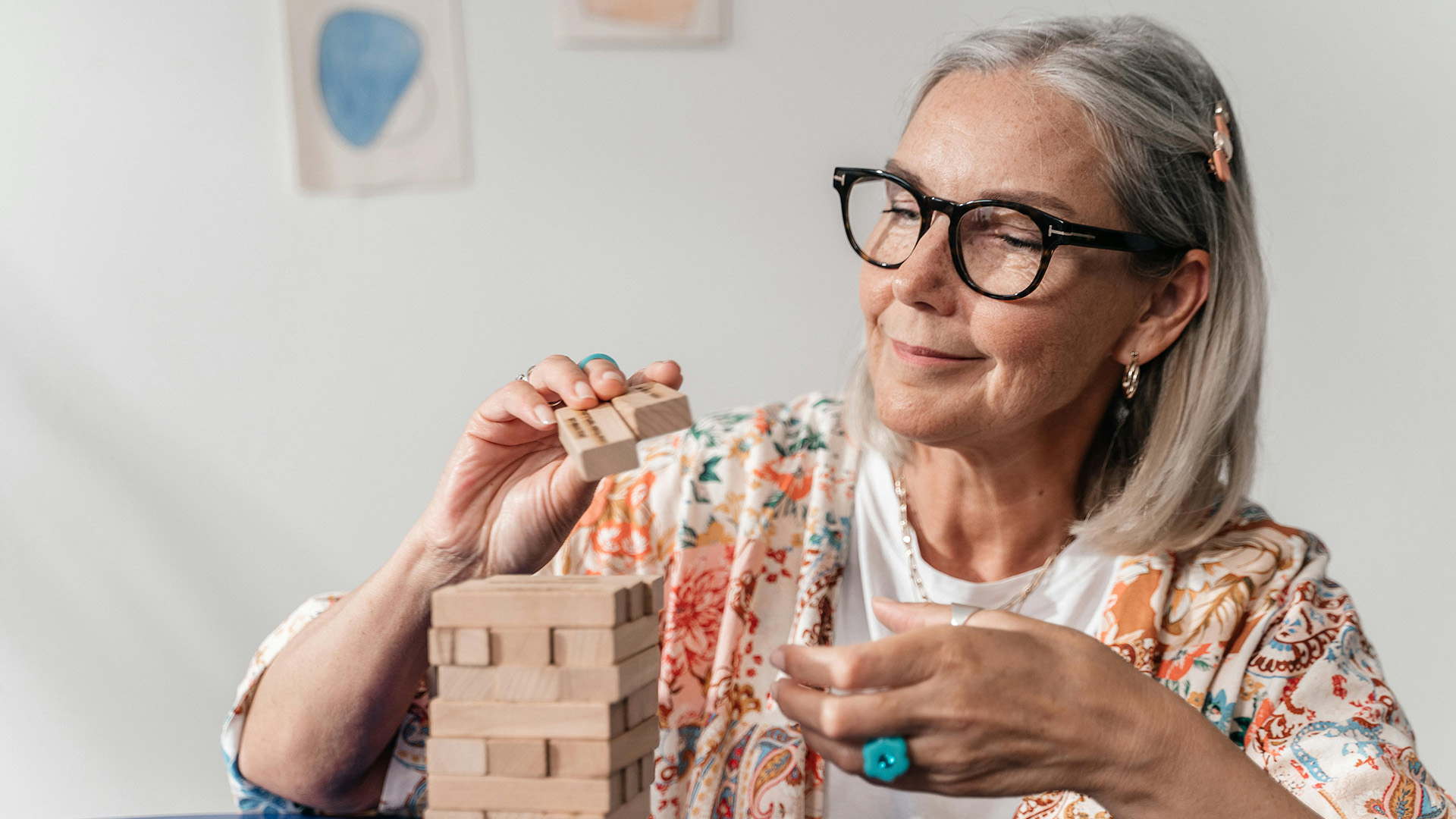Maintaining physical, cognitive, social and emotional health becomes increasingly important as we age. For seniors, engaging in activities that promote these aspects of well-being is crucial. Recreational therapy, also known as therapeutic recreation, offers a comprehensive approach to achieving this goal. Using a variety of activity-based interventions helps individuals with illnesses or disabling conditions improve their overall health, recovery and well-being.
What is Recreational Therapy?
The primary objective in using recreation and other activities to address the assessed needs of individuals is to facilitate full participation in life by improving or maintaining physical and cognitive functioning and promoting social, emotional and spiritual fulfillment Certified Therapeutic Recreation Specialists (CTRS) provide or supervise these services, ensuring they are tailored to the unique needs of each individual.
Therapeutic recreation encompasses a wide range of activities, each designed to target different aspects of well-being:
- Animal-assisted therapy can reduce stress, anxiety and depression while promoting social interaction and physical activity.
- Nature therapy, such as gardening and bird watching, offers physical exercise and a calming connection with nature.
- Video games can improve cognitive functions and hand-eye coordination.
- Brain teasers and puzzles stimulate the mind, enhancing cognitive abilities and memory.
- Listening to music can uplift mood, reduce stress and provide a form of emotional expression.
- Exercise, such as chair yoga, swimming and walking, helps maintain physical fitness and strength.
- Art therapy allows for creative expression and can be therapeutic for emotional well-being.
- Drama and dance promote physical movement and social interaction, enhancing physical and emotional health.
Benefits of Recreational Therapy
Therapeutic recreation offers numerous benefits that contribute to a senior’s overall well-being:
- Improved physical fitness and strength: Regular physical activity helps maintain and improve mobility, flexibility and overall physical health.
- Alleviation of depression symptoms: Engaging in enjoyable activities can reduce feelings of depression and anxiety, promoting a more positive outlook on life.
- Enhanced social connections: Group activities help reduce feelings of isolation and loneliness.
- Boosted self-esteem: Successfully participating in recreational activities builds confidence and a sense of accomplishment.
- Increased independence: Activities can help seniors maintain or regain skills needed for daily living, promoting greater independence.
- Enhanced cognitive abilities: Games and activities that challenge the mind help keep cognitive functions sharp.
The Role of Recreational Therapy in Senior Care
Along with medications, treatment and other forms of therapy, therapeutic recreation is an integral part of a comprehensive care strategy that helps address all aspects of senior health—physical, mental, emotional and social.
We can assist with medication management challenges, allowing caregivers to devote more time to other patient-focused activities. If you have any questions about our services, please do not hesitate to reach out to us.

